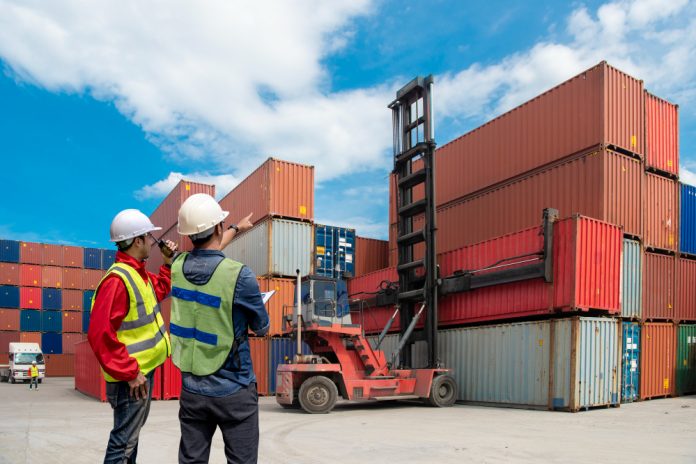India’s logistics sector is the backbone of its economic engine, yet it’s also among the top contributors to environmental degradation due to high carbon emissions. With over 60% of freight movement reliant on diesel-powered trucks, there is an urgent need for a transition toward more sustainable logistics practices.
Organizations like the FICCI Logistics & Supply Chain Committee and the All India Transporters Welfare Association (AITWA) are now playing a pivotal role in leading the green logistics movement.
The Need for Greener Logistics in India
The logistics sector accounts for nearly 13% of India’s total carbon emissions, and road transport remains the most carbon-intensive mode. The Government of India’s push towards achieving net-zero emissions by 2070 has made it imperative for the sector to evolve. Key pain points include:
- Fuel inefficiency due to aging fleets
- Lack of optimized routing and shipment consolidation
- Minimal use of clean energy sources
- Absence of eco-regulations for smaller transporters
FICCI’s Policy Push for Sustainability
The FICCI Logistics & Supply Chain Committee has been vocal about adopting green logistics principles, including:
- Encouraging companies to implement green procurement policies
- Advocating for public-private partnerships to develop electric vehicle (EV) infrastructure
- Promoting modal shift strategies—transitioning from road to rail or inland waterways for long-distance freight
FICCI’s 2023 whitepaper, “Sustainable Transport: Futureproofing India’s Supply Chain”, outlines actionable strategies for reducing emissions by up to 25% over the next decade.
AITWA’s Role in Eco-Friendly Road Freight
As a key stakeholder representing road transporters, AITWA has rolled out initiatives such as:
- Fleet modernization programs to replace outdated diesel vehicles with CNG and EV fleets
- Partnering with state governments to develop green logistics corridors
- Hosting training camps for transporters to adopt eco-driving practices
AITWA’s recent pilot with Delhi-NCR-based logistics operators saw a 20% improvement in fuel efficiency and reduced emissions within the first six months.
Key Trends Powering Sustainable Logistics
Here are the top emerging trends redefining eco-friendly logistics in India:
Electric Vehicles (EVs): Adoption in last-mile delivery fleets with growing support from subsidies
IoT for Route Optimization:Minimizing fuel use by mapping shortest and least congested paths
Green Warehousing: Using solar-powered facilities and automated systems to cut energy usage
Eco Packaging: Shifting to recyclable and biodegradable materials
Reverse Logistics: Creating value from returned goods, reducing waste
Case Study: TCI’s Shift to EV Fleets
Transport Corporation of India (TCI), a major logistics firm, has successfully integrated electric delivery vehicles across several metro cities. Backed by a strategic alliance with FICCI, they managed to lower their delivery emissions by 32% within a year, while also reducing maintenance costs.
What Lies Ahead?
India’s logistics transformation toward sustainability is still in its early days, but the foundation is strong. With the government’s support, and leadership from industry bodies like FICCI and AITWA, the logistics ecosystem is gradually embracing cleaner, smarter, and more efficient ways of moving goods.
A collaborative approach, where policy, innovation, and grassroots implementation work in harmony, will be essential for long-term impact. The future of Indian logistics isn’t just about speed and scale—but about sustainability, resilience, and responsibility.












